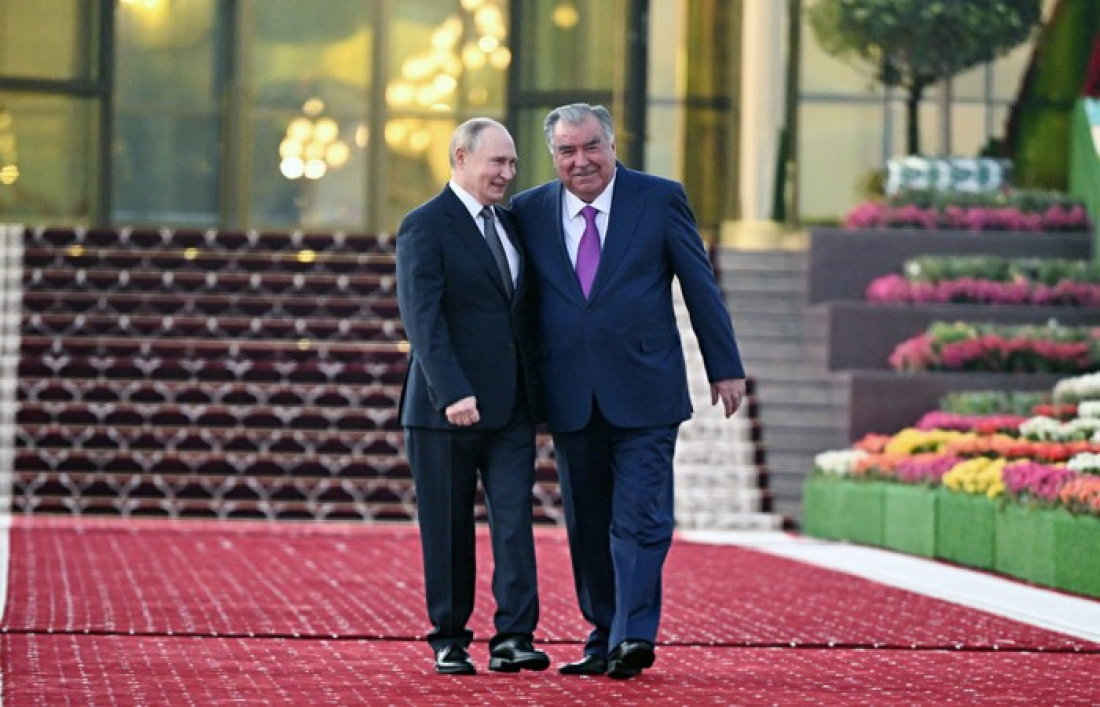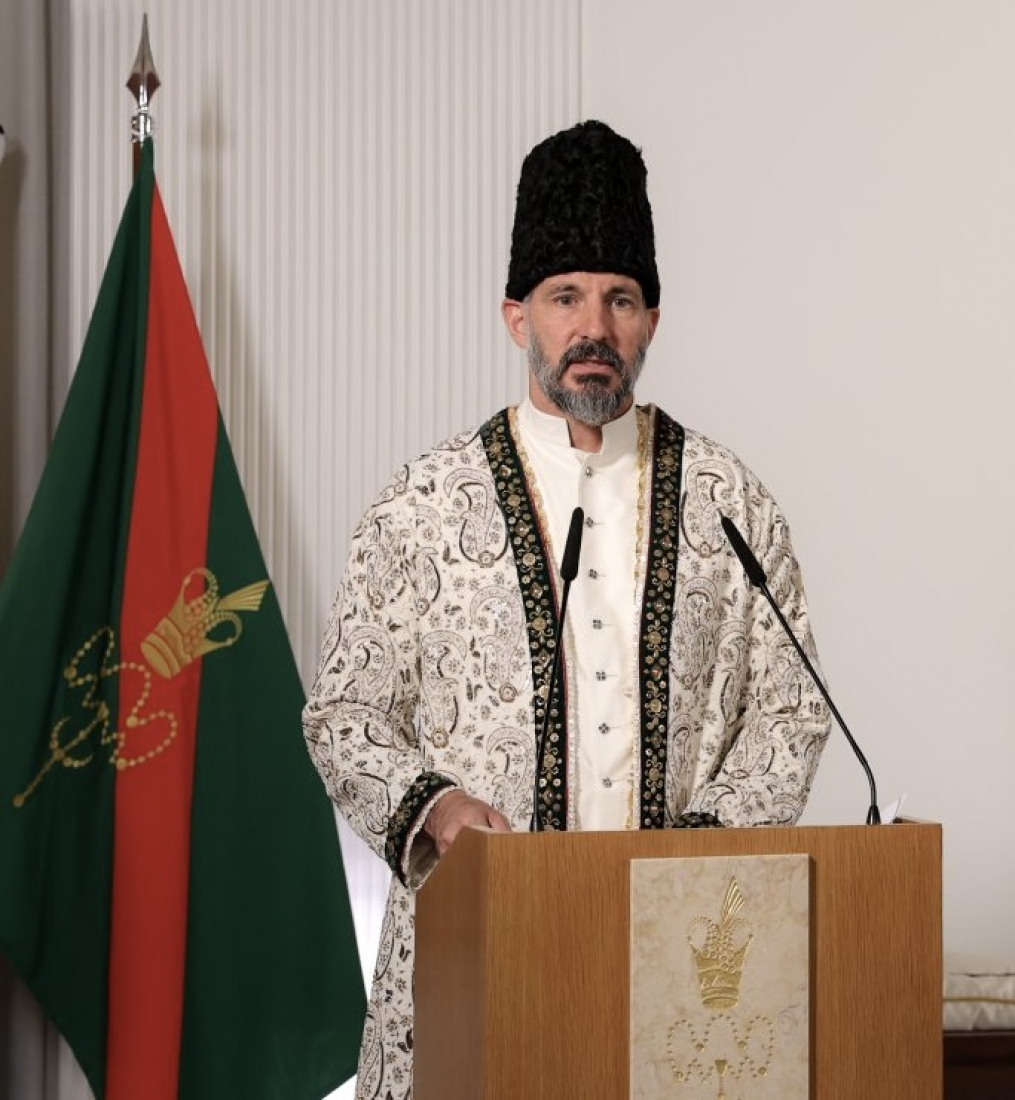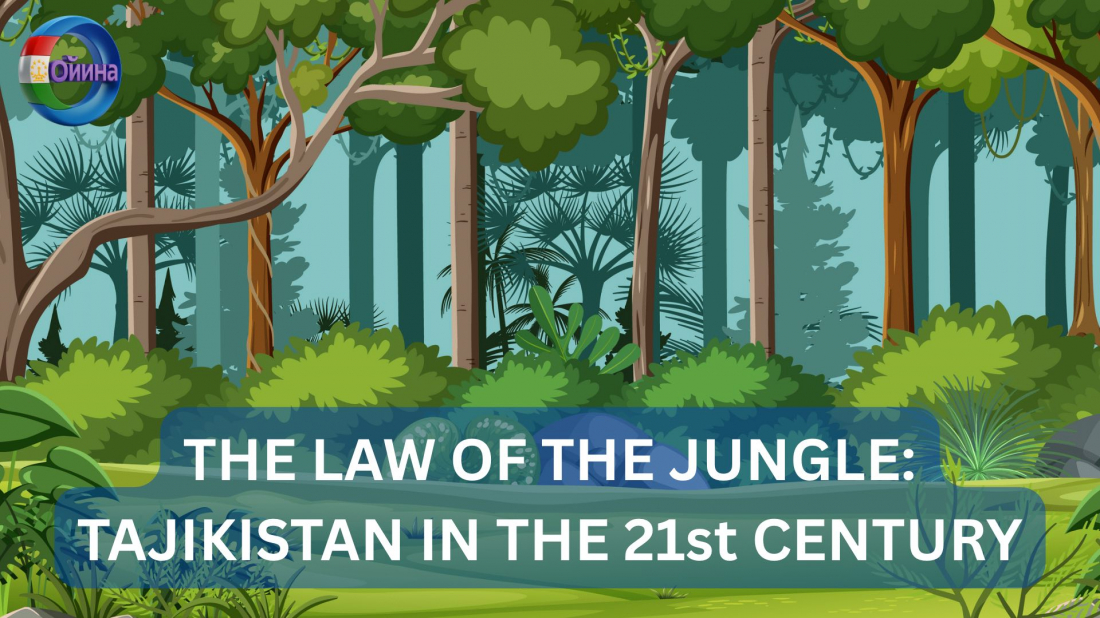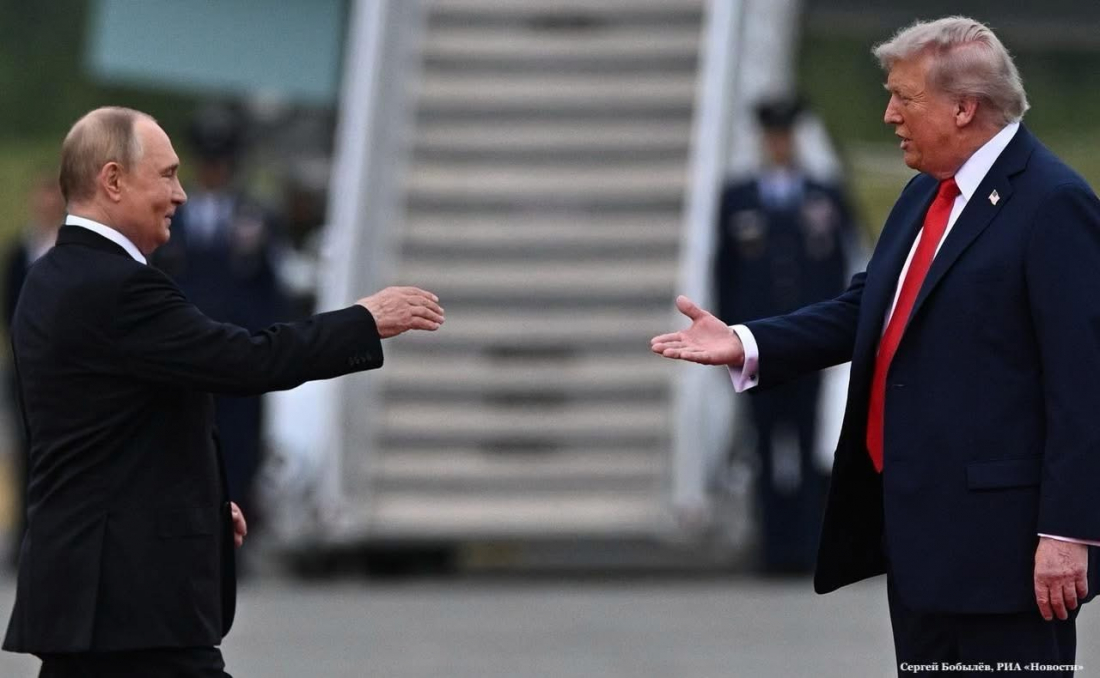
WHAT IS INDEPENDENCE? IT IS DIGNITY! BUT WHERE IS THE DIGNITY?
09.09.2025
Kremlin’s “Green Light”
Thirty-four years ago, Tajikistan declared its independence. Independence without foundation, without preparation, without a vision for the future. As the late Rahmon Nabiyev, the country’s second president, once remarked, this independence “fell like a chip off the roof.”
Indeed, had it not been for that accidental “chip,” Qadriddin Aslonov, then chairman of the Supreme Council, would not have read the declaration of independence drafted by Tohir Abdujabbor (based on the notes of Safarali Kenjaev). Today, attempts are made to turn the late Aslonov into a “hero of independence.” Yet the final nail in the coffin of the USSR was hammered in Moscow itself, unintentionally paving the way for the independence of Central Asian republics. No Tajik leader would have dared to proclaim it otherwise.
On September 6, 1991, the Soviet newspaper Izvestia published the resolution of the Congress of People’s Deputies of the USSR, which explicitly called for the preparation and signing of an agreement to establish the Commonwealth of Independent States “based on independence and territorial integrity.” With such a “green light” from Moscow, the proclamation of independence became inevitable. Tajikistan’s independence, therefore, had no hero; had it been anyone else in Aslonov’s position, the outcome would have been the same.
Unity and Sovereignty
Whatever the case, independence was proclaimed, and Tajikistan appeared on the map of international politics. But independence has two dimensions: independence (freedom from external domination) and sovereignty (effective central authority within the state). In practice, Tajikistan’s government has only managed to maintain territorial integrity - thanks not only to the authorities but also to a society that has not been separatist by nature.
The greater challenge - real independence - has remained since 1991 little more than a slogan, a song, a dance. Independence has been sung about so often that in Tajikistan’s so-called “think tanks,” music and politics are confused as one and the same.
Paradoxically, while Tajikistan supposedly freed itself from Russia’s shadow and Soviet ideology, in 2023 the government declared a “Year of the Russian Language.” This, in a country where many officials cannot even write a single error-free page in Tajik. While other post-Soviet states strive to distance themselves from their former rulers, Tajikistan sends its teachers to construction sites in Russia and invites Russian instructors to instill habits of servitude in its “independent” citizens.
Foreign Dominance Behind the Façade
A few years ago, a Russian officer serving at a military base in Tajikistan murdered a Tajik woman and dismembered her body. He was tried in Russia - because Tajikistan has no jurisdiction over Russian troops stationed on its soil. More recently, after the Crocus City Hall attack in Moscow, Russian investigators came to Tajikistan and freely questioned the relatives of suspects. Independence?
Migrants are humiliated, stripped naked in Russian detention centers, or held in airports for hours like herds of sheep. And yet Tajik state television repeats endlessly: this is independence, this is dignity. But where is it?
Even the presence of a Russian military base - presented as part of a “strategic partnership” - demonstrates dependency. The promise was that in return, labor migrants would be treated better in Russia. But in 2018, mass humiliations occurred, and Dushanbe did not utter a word in protest. Is this dignity?
A Hollow Independence
What kind of independence leaves Europe crowded with Tajik refugees and Russia full of rightless migrant workers? What kind of dignity is that?
In Soviet times, the country was controlled by outsiders. But today? The rhetoric is different, yet the reality is worse: dependence, humiliation, and displacement.
Dignity cannot be achieved through slogans. It requires real power. And true independence - the independence Tajikistan claims to have - simply does not exist.













